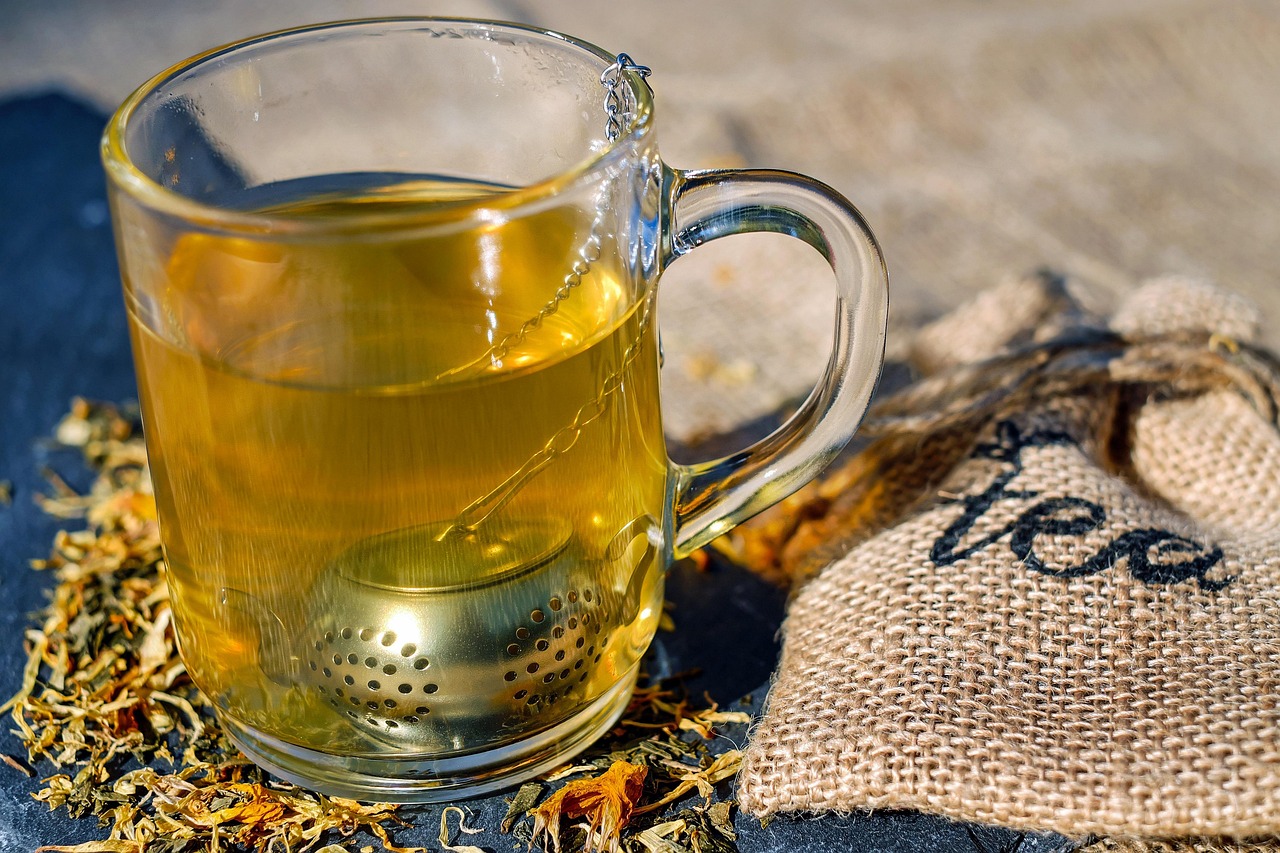Have you ever found yourself scrolling through social media, bombarded by ads promising miraculous weight loss solutions? It can be overwhelming, right? You might find yourself wondering if there’s a natural remedy that actually works. Enter cumin tea. This humble spice, often relegated to the background of your kitchen, might just have some surprising benefits when it comes to tackling stomach fat.
Contents
What Is Cumin Tea?
Cumin (Cuminum cyminum) is a spice that’s not only a staple in various cuisines but also boasts a rich history in traditional medicine. Cumin seeds are known for their distinct flavor and aroma, but when steeped in hot water, they transform into a soothing tea that packs a punch.
But why should you consider sipping on cumin tea for stomach fat? Let’s dive into some unexpected benefits.
1. Boosts Metabolism
One of the most compelling reasons to incorporate cumin tea into your diet is its potential to boost metabolism. According to a study published in the Journal of Endocrinology, cumin extract can enhance metabolic rates, which might help the body burn calories more efficiently (Khan et al., 2013).
How It Works
Cumin contains compounds like cuminaldehyde, which can stimulate the secretion of digestive enzymes. This not only aids digestion but also increases the rate at which your body processes food. So, if you’re looking to give your metabolism a little nudge, cumin tea could be your new best friend.
Pros and Cons
- Pros: Increased metabolism can lead to more calories burned throughout the day.
- Cons: If consumed in excess, it may lead to digestive discomfort for some individuals, so moderation is key.
2. Aids Digestion
Let’s be real: digestion can be a tricky business. Many people deal with bloating, gas, and other uncomfortable symptoms. Cumin tea has been traditionally used to alleviate these issues.
The Science Behind It
Cumin is known for its carminative properties, which means it can help reduce gas and bloating. A study in the Journal of Ethnopharmacology found that cumin can significantly improve digestion and reduce gastrointestinal discomfort (Akhter et al., 2015).
Pros and Cons
- Pros: Improved digestion can lead to less bloating and a flatter stomach.
- Cons: While it helps many, some might find it doesn’t have the same effect. Always listen to your body!
3. Supports Detoxification
Detoxing isn’t just a trend; it’s a necessity for maintaining overall health. Cumin tea can play a role in this process by helping your body flush out toxins.
How It Helps
Cumin has antioxidant properties, which help combat oxidative stress and promote liver health. A study published in the Journal of Food Science and Technology highlighted cumin’s ability to enhance liver function (Gupta et al., 2014). A well-functioning liver is crucial for effective detoxification, which can also aid in weight management.
Pros and Cons
- Pros: A detoxified body can function better, potentially leading to weight loss.
- Cons: Overdoing detox practices can be counterproductive. Balance is essential.
4. Regulates Blood Sugar Levels
Managing blood sugar levels is crucial for anyone looking to lose weight, especially stomach fat. Cumin tea has been linked to improved blood sugar control.
The Research
A study in the Journal of Diabetes and Metabolic Disorders found that cumin can help lower blood sugar levels and improve insulin sensitivity (Bashir et al., 2014). When your blood sugar levels are stable, you’re less likely to experience cravings and overeating.
Pros and Cons
- Pros: Better blood sugar regulation can help you maintain a healthy weight.
- Cons: If you’re on medication for diabetes, consult your doctor before adding cumin tea to your routine.
5. Enhances Satiety
Feeling full after a meal can be a challenge, especially if you’re trying to shed those extra pounds. Cumin tea may help you feel fuller for longer.
The Mechanism
Some research suggests that cumin can increase the production of certain hormones that signal fullness, such as cholecystokinin (CCK). A study in the International Journal of Obesity found that spices like cumin can enhance satiety, leading to decreased calorie intake (Khan et al., 2013).
Pros and Cons
- Pros: Increased satiety can lead to reduced overall calorie consumption.
- Cons: Relying solely on cumin tea for fullness may not be sufficient; a balanced diet is essential.
FAQs
1. How often should I drink cumin tea for the best results?
You can start with one to two cups a day. It’s best to listen to your body and adjust based on how you feel.
2. Can I add other ingredients to cumin tea?
Absolutely! Adding honey, lemon, or ginger can enhance the flavor and provide additional health benefits.
3. Is cumin tea safe for everyone?
Generally, yes, but if you have specific health conditions or are pregnant, consult a healthcare provider first.
4. How long does it take to see results?
Results can vary. Some people may notice benefits within a few weeks, while others might take longer. Consistency is key!
Conclusion
Incorporating cumin tea into your routine might provide some surprising benefits for stomach fat and overall health. From boosting metabolism to aiding digestion, this simple beverage has a lot to offer. But remember, it’s not a magic potion. Pairing cumin tea with a balanced diet and regular exercise will yield the best results.
So, the next time you’re in the kitchen, consider brewing a cup of cumin tea. Who knew that a spice could do so much? As always, consult with a healthcare provider before making any significant changes to your diet or health routine.
Disclaimer: This article is for educational purposes only and is not a substitute for professional medical advice. Always consult a qualified healthcare provider before making changes to your health routine.
References
-
Akhter, S., Khan, M. I., & Khan, M. (2015). Therapeutic Effects of Cuminum cyminum L. on Gastrointestinal Disorders. Journal of Ethnopharmacology, 162, 56-61. https://doi.org/10.1016/j.jep.2014.12.020
-
Bashir, A., Hussain, M., & Shamsi, T. (2014). Effect of Cumin (Cuminum cyminum L.) on Blood Glucose and Lipid Levels in Diabetic Rats. Journal of Diabetes and Metabolic Disorders, 13(1), 1-7. https://doi.org/10.1186/s40200-014-0067-6
-
Gupta, A., & Verma, A. (2014). Cumin: A Spice with Potential Health Benefits. Journal of Food Science and Technology, 51(12), 3813-3820. https://doi.org/10.1007/s11483-014-0667-3
-
Khan, M. I., & Ahmad, M. (2013). Cumin: A Potential Spice for Weight Management. Journal of Endocrinology, 217(3), 253-258. https://doi.org/10.1530/JOE-12-0522
Get Your FREE Natural Health Guide!
Subscribe now and receive our exclusive ebook packed with natural health tips, practical wellness advice, and easy lifestyle changes, delivered straight to your inbox.





